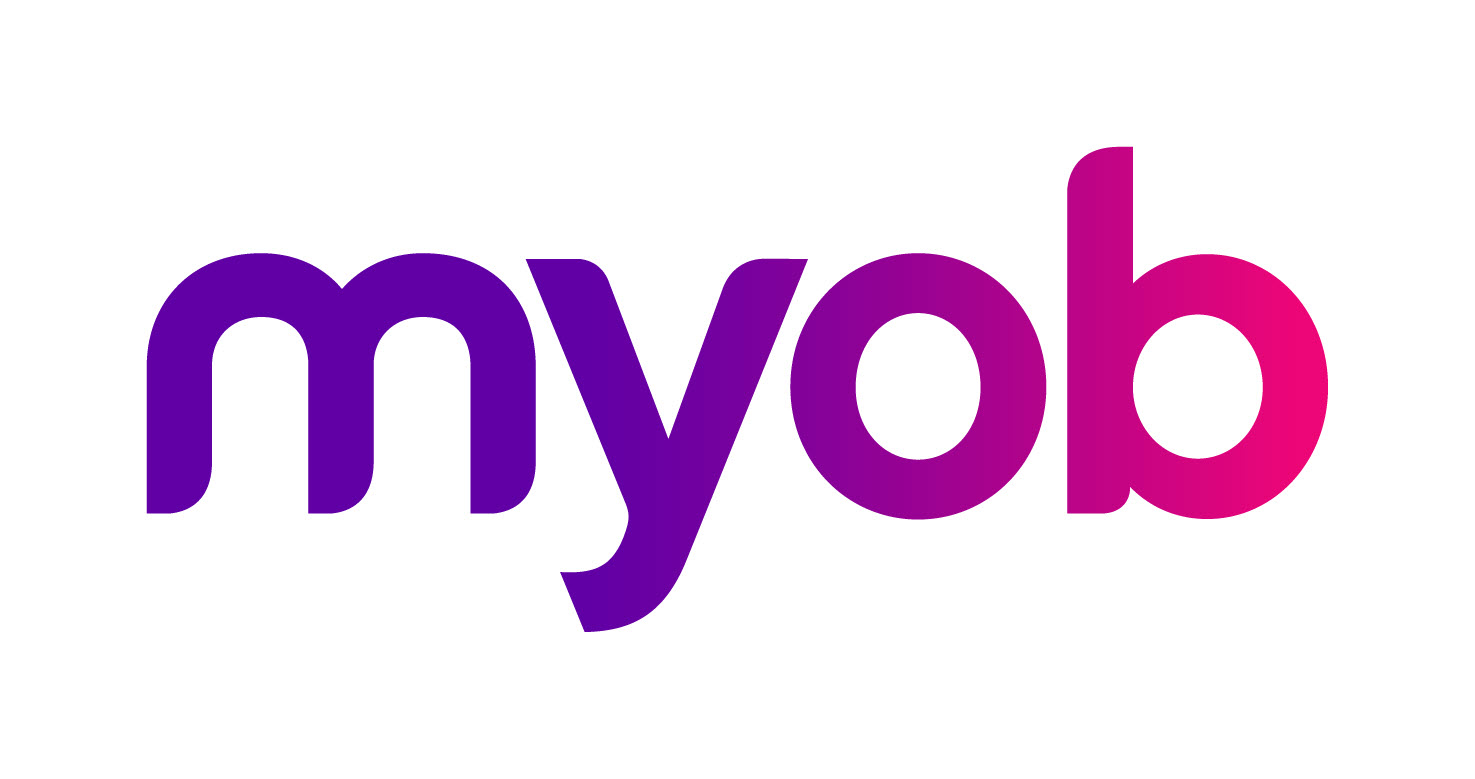Change in taxation for future dated (or paid in advance) holiday pay (New Zealand)
The IRD published a statement in November 2015 describing how PAYE must be calculated for holidays (so annual leave) paid in advance (or "future dated"). The Exo Payroll 2016.01 upgrade includes changes to comply with IRD requirements from April 2016.
"Advance" can be used in different ways in relation to leave:
- In this article "Advance" means being paid right now for leave taken in a future dated period (for example to help pay for an extended Holiday).
- Advance can also mean agreeing to pay leave now ahead of normal entitlement (say taking a day now that will not be "earned" until next month). This option has no impact on taxation.
Following the upgrade, when a pay includes annual leave taken in one or more future periods, tax (and so net pay) might be different than expected. This relates to the IRD's requirements and is not a software problem. The following section explains more.
What do the changes mean for employees?
Someone taking a few days off within a pay-period (so receiving annual leave instead of normal wages or salary) is not affected.
Changes will apply where (for example) a "weekly" employee takes three weeks annual leave, all paid in advance (as might happen over the summer holiday period). It has been common to pay this in one weekly pay, containing wages/salary "worked" together with three week's leave. Exo Payroll was able to tax as if paid over four periods by using the option "Number of Periods to tax over = 4".
Following the April 2016 changes, and continuing the above example:
- "Number of Periods to Tax Over" will no longer be available for employees with leave in days or hours.
- The three week's "future dated" leave" will be taxed using the "extra pay" method. This is already used for holiday pay "Cash-Up" and "Bonus" payments.
- The same applies where an employee "Terminates" and is paid out three weeks unused annual leave.
- "Extra pay" treats the three week's leave as a lump sum, taxed at the employee's highest rate (based on an estimate of their annual earnings plus the lump-sum).
- Tax on wages/salary "worked" is calculated separately (using the existing "salary and wages" method). Both sets of figures are combined to give Gross, PAYE, and Net figures for the whole pay.
- The "extra pay" tax rate applied might not be obvious, and PAYE (along with Student Loan) might be more than employee expects.
The same taxation rules apply if Alternative leave or Long Service leave (a non-statutory type used in some organisations) is "Cashed-up" or included in a pay now to cover time off in a future period.
Future Dated Public Holidays - an option to apply the same taxation rules was introduced in the Exo Payroll 2017.01 upgrade. Continuing the above example, if the three weeks leave include Public Holidays, use the "Future Dated" option to comply with IRD requirement to tax as Extra Pay.
These changes lead to two obvious options when an employee takes leave covering more than one pay-period.
- Where leave needs to be paid in advance (or Cashed-up), Exo Payroll will tax as "extra pay", exactly as the IRD requires. Employees who submit an annual tax return will receive a refund if tax was overpaid during the year.
- The same amount (continuing the above example) could simply be paid over four weekly pays, one for wages/salary "worked", one per week of leave, with normal date sequence. Nothing is "future dated", so tax will be calculated as "salary or wages" under the existing rules.
Additional information
The 2016.01 "Release Notes" (via the Help menu and "What's new in this release" after upgrading) have complete details of how Exo Payroll implements these changes.
Contact the IRD for more information on the change and the "extra pay" method. The "Commissioner's operational position" on the IRD website is a good starting point.
Need more help? You can open the online help by pressing F1 on your keyboard while in your software.
You can also find more help resources on the MYOB Exo Employer Services Education Centre for Australia or New Zealand.
